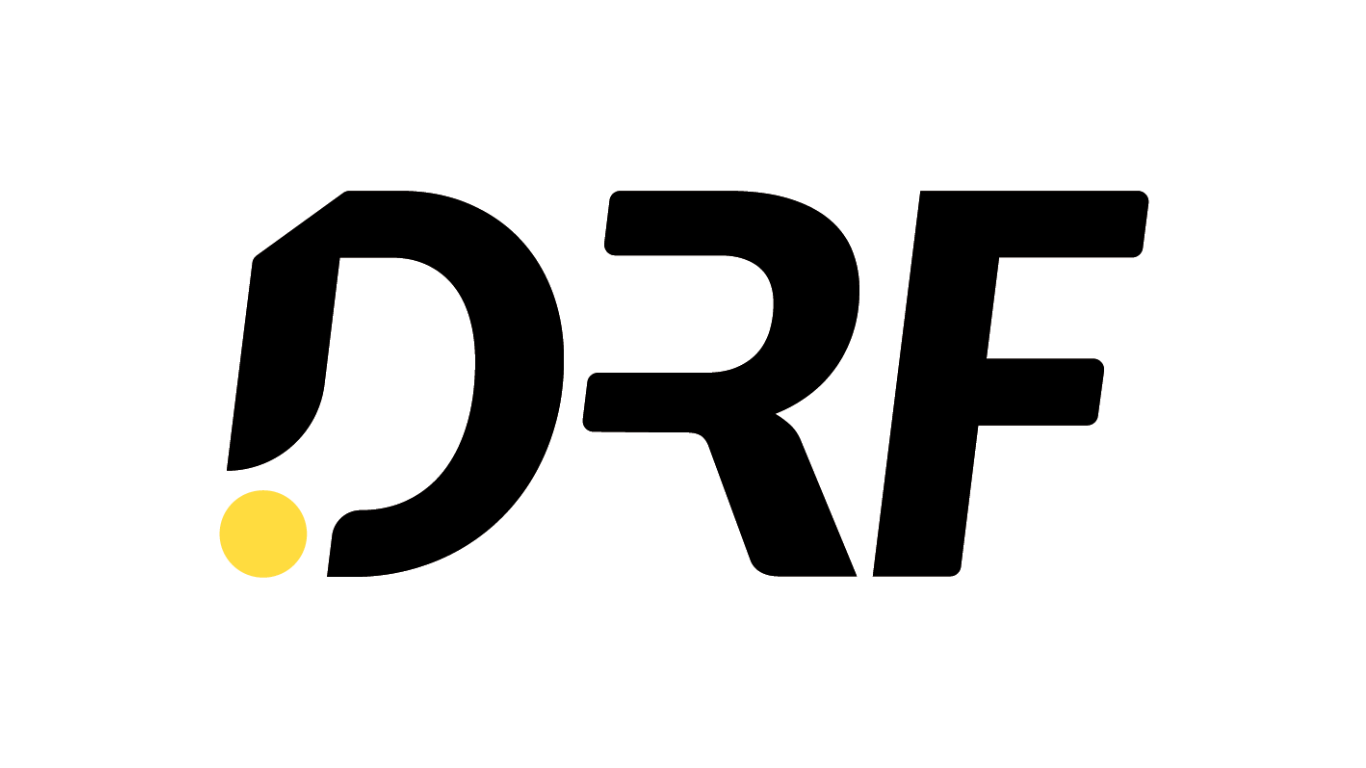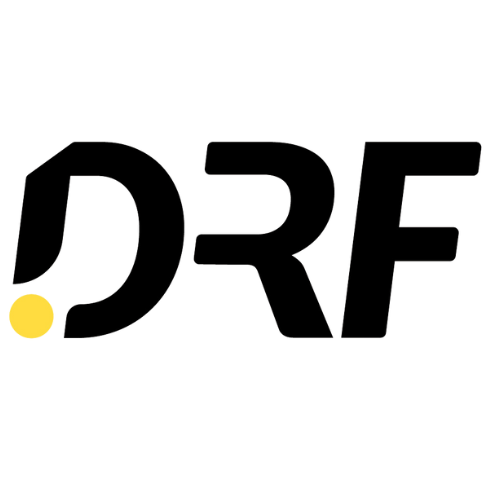Reclaiming Our Data Futures: Reflections On DataFest Africa 2025
- DRF Comms

- Nov 19, 2025
- 3 min read

Data is often misunderstood as a singular representation of a statistical score attributed to an item or activity. In this case, data is a pattern of human behaviour. A digital footprint offering a window into someone's personality. It shows what we like, what we ignore, how we speak, and how we respond to the world around us.
These small signals tell a story about each person. What many do not realise is that these stories can be altered, hidden, or removed without the owner’s knowledge. That quiet loss of control is becoming a serious concern across the continent.
That’s why this year’s DataFest Africa 2025, held under the theme “Reclaiming Our Data Futures,” felt personal. Representing Digital Rights Frontlines (DRF), I joined an incredible mix of experts, technologists, journalists, and advocates from across Africa all united by one goal: to shape a digital future built on rights, ethics, and inclusion.
Shared Vision for Digital Freedom
During our session on Cyber Safety and Online Content Incident Handling, we looked closely at threats that people in South Sudan and other countries face each day. Over the past five years at DRF, we have tracked cases that range from basic account compromise to targeted harassment, impersonation, online scams, blackmail, and child safety violations on major platforms. These incidents reveal how exposed ordinary users are when they lack support or a clear place to report issues.
Some stories stay with you. A journalist who lost access to her page after a coordinated attack and watched her credibility fall apart. A public figure whose cloned account circulated false statements, causing confusion and tension. A young woman who faced public shame after her private photos were shared without permission. These are not abstract examples. They are reminders that digital harm spreads quickly and affects every part of a person’s life.
Through DRF’s SafetyComm initiative, we have seen both the damage and the recovery that follow such events. SafetyComm provides direct support, rapid response handling, and guidance for victims who would otherwise navigate these situations alone. The moment people find a network willing to help, the fear starts to ease. They gain the confidence to reclaim their online spaces.
Why Reclaiming Our Data Future Matters
During the session, one question hung in the air: “If your account was hacked tonight, who would you turn to for help?”
Most people cannot answer confidently. That silence reflects a wider problem. Connectivity in Africa is rising far faster than digital literacy. Many users sign up for platforms without understanding the risks or knowing how to protect themselves. When something goes wrong, they rely on friends or local technicians who may not know what to do. In this environment, cyber safety becomes a form of protection similar to locking your door at night.
Reclaiming our data future means building the skills, systems, and partnerships that give people real control over their digital identity. It means demanding products and policies that respect privacy and dignity. It also means teaching users how their choices affect their safety.
Lessons from the Frontlines
From South Sudan to other corners of the continent, three lessons stand out clearly:
Awareness reduces harm. Many incidents succeed simply because a user did not know the warning signs or available tools.
Strong response networks matter. When rights groups, communities, and platforms work together, victims receive timely help.
Prevention gives people control. Actions such as enabling two factor authentication, reporting fake accounts, and adjusting privacy settings make a measurable difference.
At DRF, we continue to strengthen these areas through training, community outreach, and cooperation with regional partners. Every workshop delivered, every case handled, and every relationship established contributes to a safer digital space.
Way Forward
Africa deserves a digital environment shaped by its own realities. For South Sudan, this means building policies that reflect local challenges and investing in systems that put users first. It means supporting local innovators who understand community behaviour and designing solutions that match our social context rather than relying on imported models that overlook cultural nuance.
DataFest Africa 2025 confirmed that digital rights are not technical expressions. They are everyday efforts to protect the dignity of individuals. Moving forward, our focus is to strengthen incident response structures, widen access to digital literacy, and help every citizen guard their online identity with confidence because our data tells our story, it’s time we protect it before someone rewrites it.
Interested in becoming cybersmart? Follow us on LinkedIn, Facebook, Instagram & X (Twitter)
Digital Rights Frontlines (formerly #defyhatenow South Sudan) advances digital rights, online safety, media literacy, and civic technologies in South Sudan. Through flagship programs such as SafetyComm, Digitalise Youth, DRF Cyber Academy, and Policy & Research, DRF supports journalists, youth, activists, and digital citizens to engage safely and meaningfully online.
















As a Cybersecurity student, Today, we live in a world where data has become the heartbeat of modern life. It shapes our decisions, drives our technologies, and influences the direction of our future. In fact, data is often called the new oil — not because it fuels machines, but because it fuels innovation, growth, and progress.
Every time we make a call, search online, buy something, travel, or even just scroll on social media, we create data. And this data tells a story — a story about our habits, our needs, and our world. Companies use it to improve their services. Governments use it to plan development. Hospitals use it to save lives. And researchers use it to create technologies…